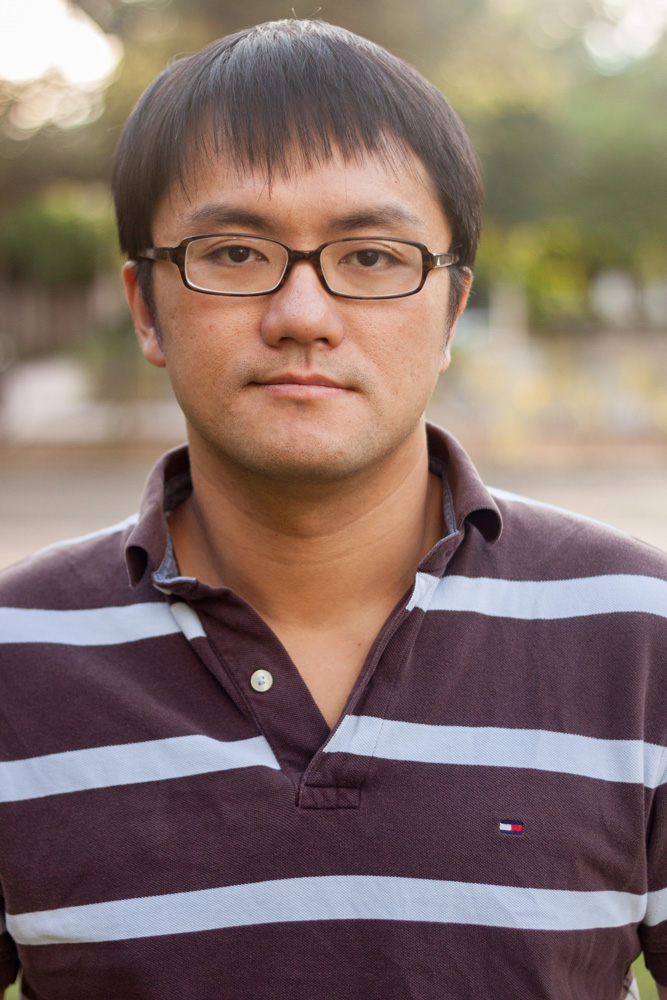
Interview
What is the type of research you’re doing?
Another way to think about this is that we are building a potential architecture for a quantum network. We want to build an infrastructure in which the photons propagating through our nanophotonic devices transfer information to atoms that act as memory units. Photons are very good at transmitting quantum information, and atoms are good at receiving and storing it. We are trying to create an interface that couples them strongly to one another so that there is as little information loss as possible.
How did you get into physics and into this line of work?
My interest in this research goes back to a famous talk Richard Feynman gave in 1981 called “Simulating Physics with Computers.” He said that if physicists ever hoped to truly understand and explore quantum mechanics they would need to build computational systems based on quantum mechanical principles and use them to simulate aspects of the quantum world. Ideally you want to set up a system that obeys certain quantum mechanical rules, allow it to evolve by itself, and then map its behavior to other quantum systems governed by the same type of rules. I find it very exciting to think that we might be able to take the networks of atoms and photons we’re currently developing and use them to investigate processes like the quantumbehavior of electrons in crystals. We don’t currently have the ability to deeply probe complex systems in this way, but we can begin to catch a sense of the physics behind them and use that to gradually build up our understanding of quantum mechanics in the world from bottom to top. It is this kind of potential that that really attracts me.
What attracted me to physics? My parents are teachers in Taiwan, where I grew up, and we always had magazines like Popular Sciencearound the house. I would read articles about general relativity, quantum mechanics, and other phenomena that seemed mysterious and fascinating, and that’s how I got interested.
What do you do when you’re not doing physics?
I like and used to play a lot of competitive team sports—basketball, baseball, and soccer—but as I’ve become busier, the frequency has dropped. I like music and learned to play the violin when I was young. In our IQIM promotional video, I somehow appear playing the violin, but nowadays the soundproofing where I live is not so good and I play less by popular demand.